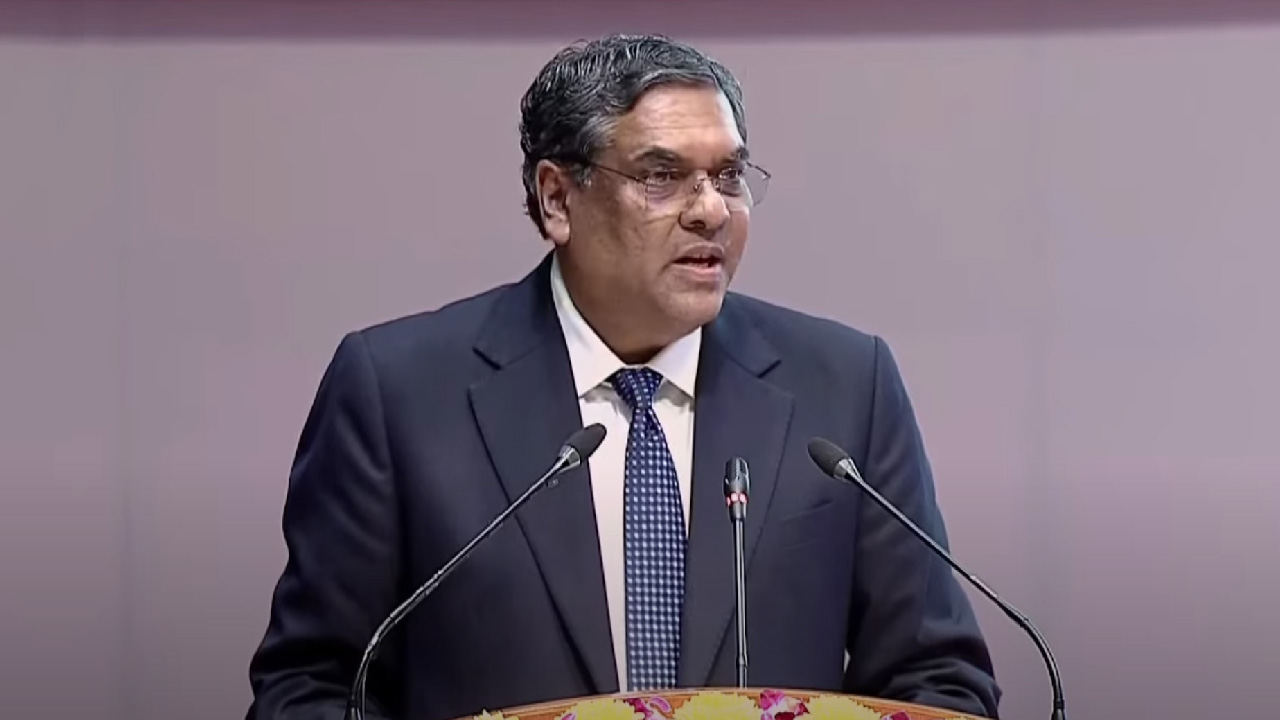 |
|
Chief Justice of India (CJI) Sanjiv Khanna's address on Constitution Day underscored the significant challenges facing the Indian judiciary. The speech, delivered amidst the Supreme Court's Constitutional Day celebrations, painted a picture of a system grappling with immense case backlogs, delays, and a perceived trust deficit. The CJI's focus on these issues, coupled with his highlighting of ongoing efforts to modernize and improve efficiency, provides a comprehensive overview of the current state of the Indian judicial system and the path forward. The sheer volume of pending cases, exceeding 4.54 crore in district courts and 61 lakh in high courts, presents an immediate and daunting challenge. This staggering number, while indicative of a system under significant strain, also reflects the public's continued faith in the judiciary as the ultimate arbiter of justice, a point repeatedly emphasized by the CJI. The alarming backlog of cheque-bouncing cases, constituting 9% of pending trial court cases, was specifically singled out, highlighting a critical area requiring focused attention and potential legislative intervention. The limited success of alternative dispute resolution mechanisms such as plea bargaining, compounding, and probation underscores the need for a more comprehensive approach, potentially requiring legal reforms to increase their effectiveness and overall acceptance within the judicial process.
The disparity between the judicial workforce and the prison population further complicates the situation. With approximately 20,000 district-level judges and 750 high court judges handling a prison population of 5.23 lakh, the system faces immense pressure. Despite this apparent imbalance, CJI Khanna highlighted the judiciary's remarkable efficiency in releasing prisoners, emphasizing the significant number of undertrials released within the first year of incarceration. This efficiency, while demonstrably positive, does not negate the core problem of excessive caseloads and the urgent need for systemic improvements to prevent further strain on an already over-burdened system. The CJI's acknowledgment of the system's efficiency is a testament to the dedication and hard work of judicial personnel, but also serves as a reminder that even with impressive outcomes, the fundamental issues of case backlogs and undertrial detention remain pressing concerns requiring sustained effort and resource allocation.
The CJI's address also focused on technological advancements and data-driven approaches to address the challenges. The government's approval of Rs. 7200 crore for Phase 3 of the E-Courts project signifies a significant commitment to modernizing the judiciary's infrastructure and operational capabilities. The implementation of real-time transcription and speech-to-text tools in several courts is a step towards addressing the 'truth deficit' and enhancing the accuracy and efficiency of record-keeping. The National Judicial Data Grid, a centralized repository of case data, will play a crucial role in policy formulation, performance evaluation, and infrastructure planning. The proposed emphasis on judicial impact assessment, a methodology to evaluate the effectiveness of laws and identify areas for legislative reform, signifies a data-driven, proactive approach to improving the justice system's overall functionality. This emphasis on evidence-based decision-making is critical for making informed choices about resource allocation and policy adjustments that will optimize the system's efficiency and effectiveness.
In conclusion, CJI Khanna's Constitution Day address provided a candid assessment of the Indian judiciary's current state. While acknowledging the impressive strides in case clearance rates and prisoner release, he didn't shy away from highlighting the significant challenges of case backlogs, particularly in areas like cheque-bouncing cases, and the need for increased effectiveness of alternative dispute resolution mechanisms. The emphasis on technological advancements through the E-Courts project and the utilization of data analytics through the National Judicial Data Grid points towards a future where technology and data-driven insights play an increasingly important role in improving the efficiency and fairness of the Indian justice system. The call for judicial impact assessment suggests a commitment to evidence-based policy-making, reflecting a modern approach to tackling complex systemic issues. The speech ultimately underscores the ongoing need for systemic reform, highlighting the commitment to improving the judiciary while acknowledging the magnitude of the task ahead. The quote from Albert Einstein, emphasizing the need for “rethink, reimagine, and act with a renewed vision,” serves as a powerful call to action for all stakeholders involved in the pursuit of a more just and efficient legal system.
